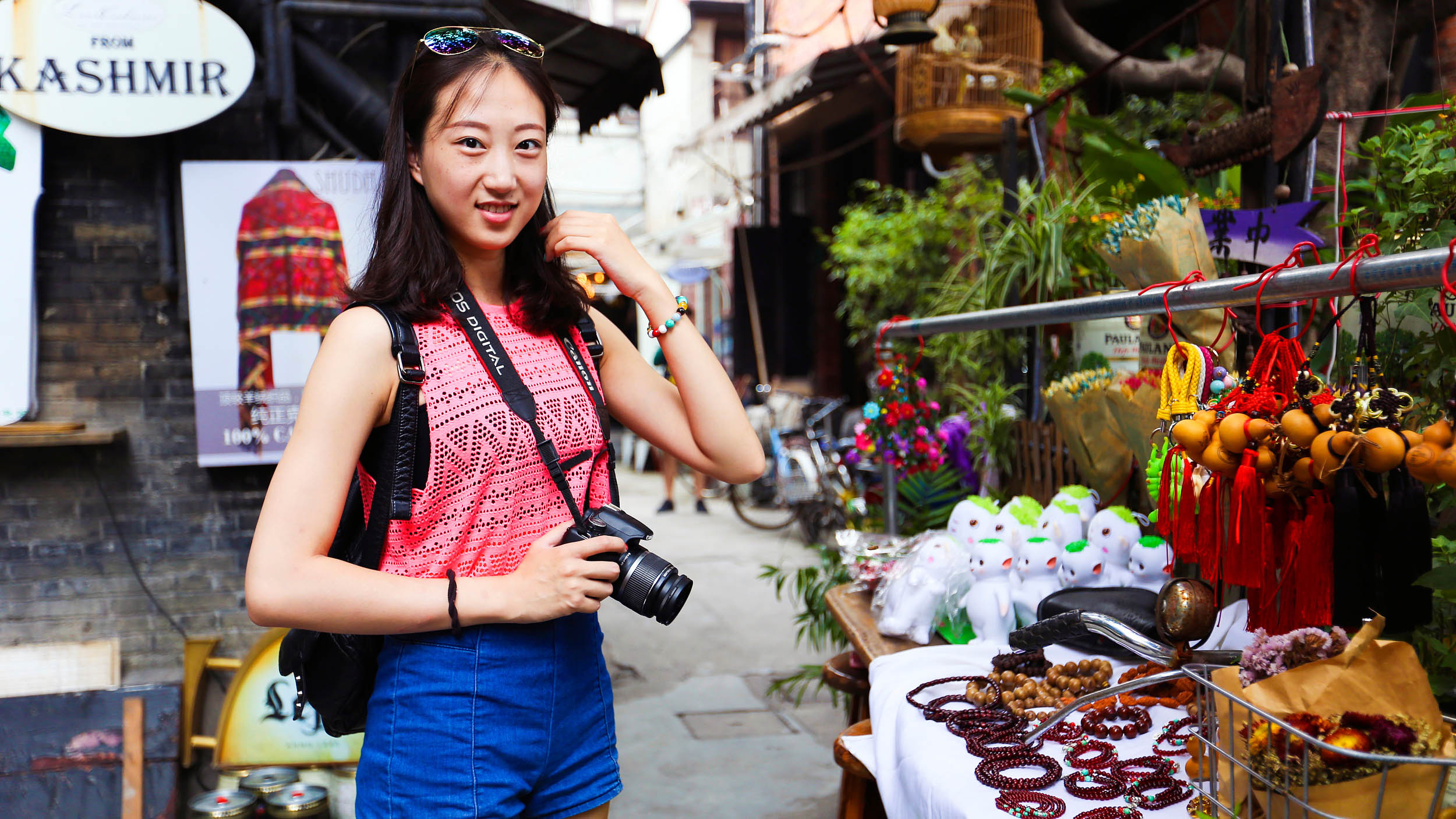
Money Stories
22:54, 22-Feb-2019
Do Chinese spend more when they’re not in a relationship?
Updated
09:23, 23-Feb-2019
Wei Lynn Tang
02:50

Less than a decade ago, consumption accounted for less than half of China's economic growth. In 2018, it contributed 76 percent.
Analysts believe China's continued consumption growth will be driven by a rising group of singles – which stands at 220 million or 15 percent of the country's population.
A February report on “The Rise of Single Economy” from Sinolink Securities pointed out that China's future will be similar to that of Japan, where more people are willing to stay single.
Talking to CGTN, Jasmine Tu, 32 years old, while relishing in the freedom of being single, said she leaves “meeting the right person” up to fate.
“Because I'm single, I have more freedom to choose what I like as I don't need to think twice about what I want to buy or take into consideration of someone else,” she added.
“When I was in a relationship, I would give more attention to my other half, so I don't really care too much about myself – about what I want and what I want to buy,” she added, saying she's more "traditional" in this respect.

Jasmine Tu bought a camera four years ago, after a breakup./ CGTN Photo
Jasmine Tu bought a camera four years ago, after a breakup./ CGTN Photo
Tu, who works as an experienced designer at a foreign bank based in Chengdu, recalls being single has resulted in her also being impulsive more than once.
“There was one day I got up, and didn't have a plan. I then saw on TV a program on Dunhuang. I thought, hey, I could go there. I opened my mobile app, bought a ticket, and left for Dunhuang the next day,” she said.
She recently signed up for a gym membership – paying 6,000 yuan for three months – which she said she can afford.
Tu doesn't spend a lot on what she calls "typical girly stuff", like cosmetics, but she's more than willing to invest in her hobby – photography. “I bought my camera four years ago when my boyfriend and I broke up. And now I want to upgrade to a new one because I have the financial situation to do it.”
On average, she's able to save up to half of her monthly income.
Twenty-six-year-old Mason Chen Maosheng, who works as a retail consulting senior analyst in a foreign commercial real estate services firm, is also comfortable with his income level.
Chen told CGTN he would spend the same amount of money, if not more, when he was in a relationship – just on different things.
“When I had a girlfriend, the most important thing I want is for her to be happy. So there are a lot of holidays, days I want to celebrate, such as anniversaries. And I'd get her presents,” Chen said.
“But if I'm on my own, I'd chill with my friends, go to bars and clubs, I'll spend a lot on drinks.”

Mason Chen Maosheng said he might spend more if he were in a relationship, mostly on travel./ CGTN Photo
Mason Chen Maosheng said he might spend more if he were in a relationship, mostly on travel./ CGTN Photo
Chen spends up to 40 percent of his income on food and beverage, and the remaining on clothes and shoes.
He believes young married couples who are yet to have children are the biggest spenders.
While Jasmine and Mason may not represent China's entire single population, the message is clear: young singles are willing to spend.
“They have the desire to spend. The previous generation will save up for the children, for the next generation, but we don't think about that,” said Chen.
(Video filmed by Wu Siyi)

SITEMAP
Copyright © 2018 CGTN. Beijing ICP prepared NO.16065310-3
Copyright © 2018 CGTN. Beijing ICP prepared NO.16065310-3